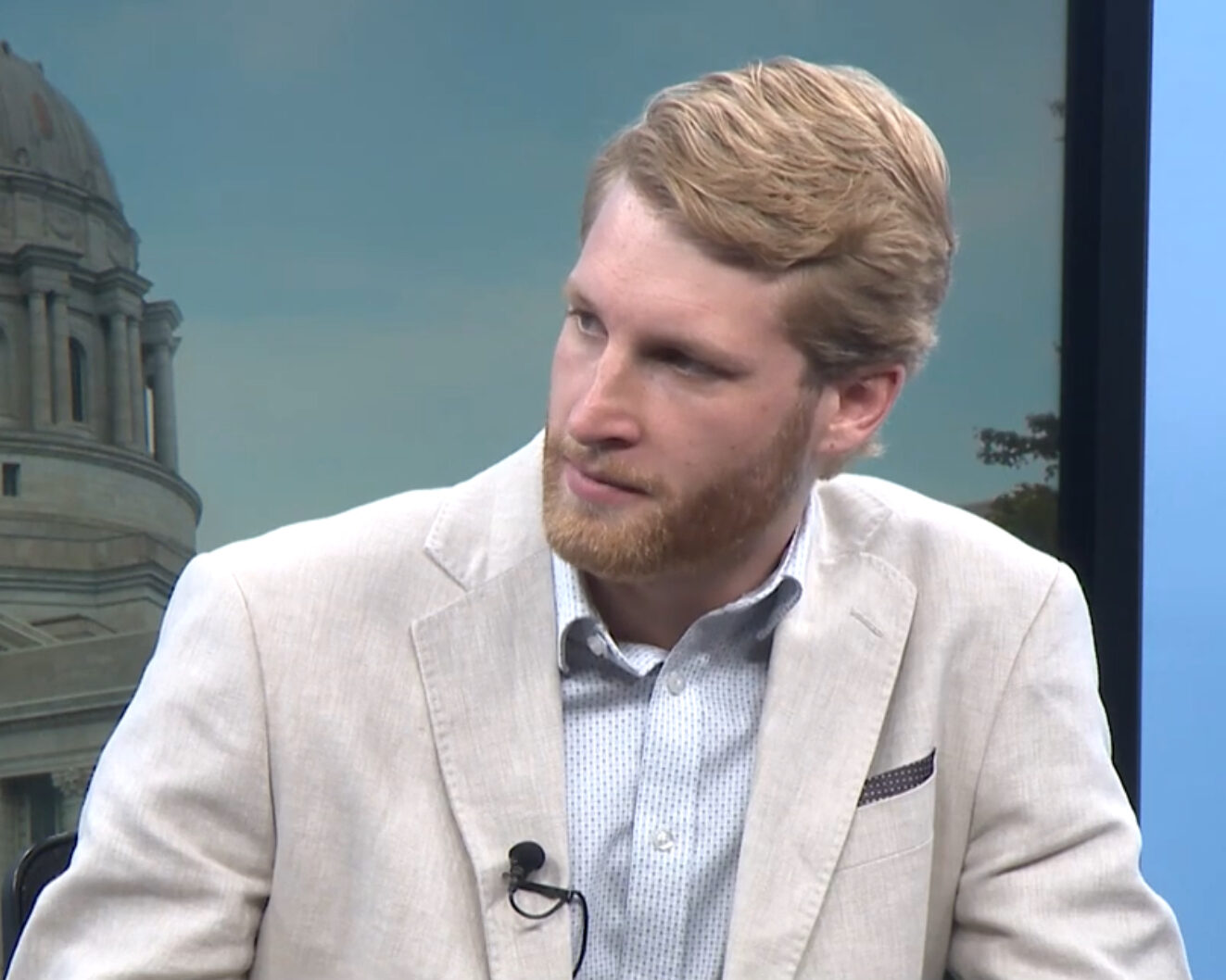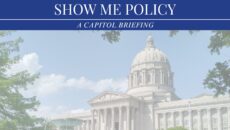Cyndia Haggard once made election integrity her rallying cry.
A staunch believer that the 2020 election was stolen from then candidate Donald Trump, she urged fellow Republicans to tighten the reins, not just on Democrats, but on Republicans she considered insufficiently loyal to the party’s platform. She championed a grassroots “vetting” system to sniff out so-called RINOs (Republicans In Name Only) and make sure only true believers made it onto Missouri ballots.
But nearly a year after trying to define who’s Republican enough to run, Haggard is facing a charge of election interference herself, a twist that’s either poetic, ironic, or just plain Missouri.
A Charge That Turns the Tables
In July of this year, Haggard was charged with violating Missouri election law for allegedly inserting herself into the certification process of an August 2024 primary, an election in which she was on the ballot.
According to Missouri law, candidates are not allowed to participate in verifying their own elections. But officials say Haggard showed up anyway. She was reportedly removed from the Vernon County courthouse during certification, and the Secretary of State’s office referred the case for prosecution.
If convicted, she faces up to a year in jail and a $25,000 fine, a steep price for meddling in the very process she once vowed to protect.
The Vetting Crusade
Before her legal troubles, Haggard had already been stirring controversy within Republican circles. After stepping away from the official, state party-recognized Vernon County GOP committee, she launched her own central committee, the Republican Association of Central Committees of Missouri (REPACCMO), with a mission to keep the party “pure”
That purity came with paperwork.
The vetting system required Republican hopefuls to:
- Fill out a 25-question “values survey”
- Pledge allegiance to the state and national GOP platforms
- Pass a background and voting record review
While not exactly blood oaths and secret handshakes, it certainly elicited feelings of a sort of club membership. Critics said it was more about gatekeeping than party values, a way to sideline moderates and stack the ballot with loyalists.
The new committee also drew scrutiny for its membership, particularly the inclusion of Dan Gayman, pastor of the Church of Israel. The Anti-Defamation League had identified Gayman as a leader in the white supremacist Christian Identity movement, known for its anti-Semitic teachings and promoting “moral and ethnic purity.”
Haggard defended Gayman’s role, framing it as a religious freedom issue. “We also have Catholics,” she said, pointing out that no church is without controversy. But the affiliation added fuel to already simmering concerns about extremism within her faction of the party.
Court Battles and Ballot Fallout
The real fireworks began in early 2024 when Vernon County Clerk Adrienne Lee, herself a Republican, accepted filing fees from eight GOP candidates who hadn’t gone through REPACCMO’s vetting process.
Haggard’s group sued, arguing that since they hadn’t accepted the candidates’ checks (or vetted them), they shouldn’t appear on the ballot.
A local judge agreed. In May 2024, eight Republican candidates, including incumbents, were removed from the August ballot, leaving some races uncontested and others with just one name.
To Haggard’s supporters, it was a win for party standards. To her critics, it was election engineering dressed up as party discipline.
A Party at Odds with Itself
The Missouri GOP was not amused. Miles Ross, the party’s executive director, called the vetting system a “scheme” and warned it could invite lawsuits and chaos in a high-stakes election year.
Even local Republicans balked. Some questioned the fairness of “pass/fail” surveys. Others were uneasy about fringe influence. And yet, Haggard didn’t back down. She continued to appear at rallies with candidates, promoting a “Conservative Slate” and casting herself as a defender of grassroots conservatism.
Full Circle
For someone who built her political identity around rooting out voter fraud and protecting elections, being charged with interfering in one is an awkward pivot.
In her efforts to define who counts as a “real Republican,” Haggard took on party institutions, reshaped local politics, and gained influence in certain conservative circles. But in doing so, she stepped into gray areas of law and governance that even longtime election officials find difficult to navigate.
The end result is a cautionary tale about the consequences of pushing election oversight to the point where the overseers themselves become the investigated.

Jake Kroesen is a Jackson County native and a graduate of the University of Central Missouri. He holds a B.S. in Political Science.













